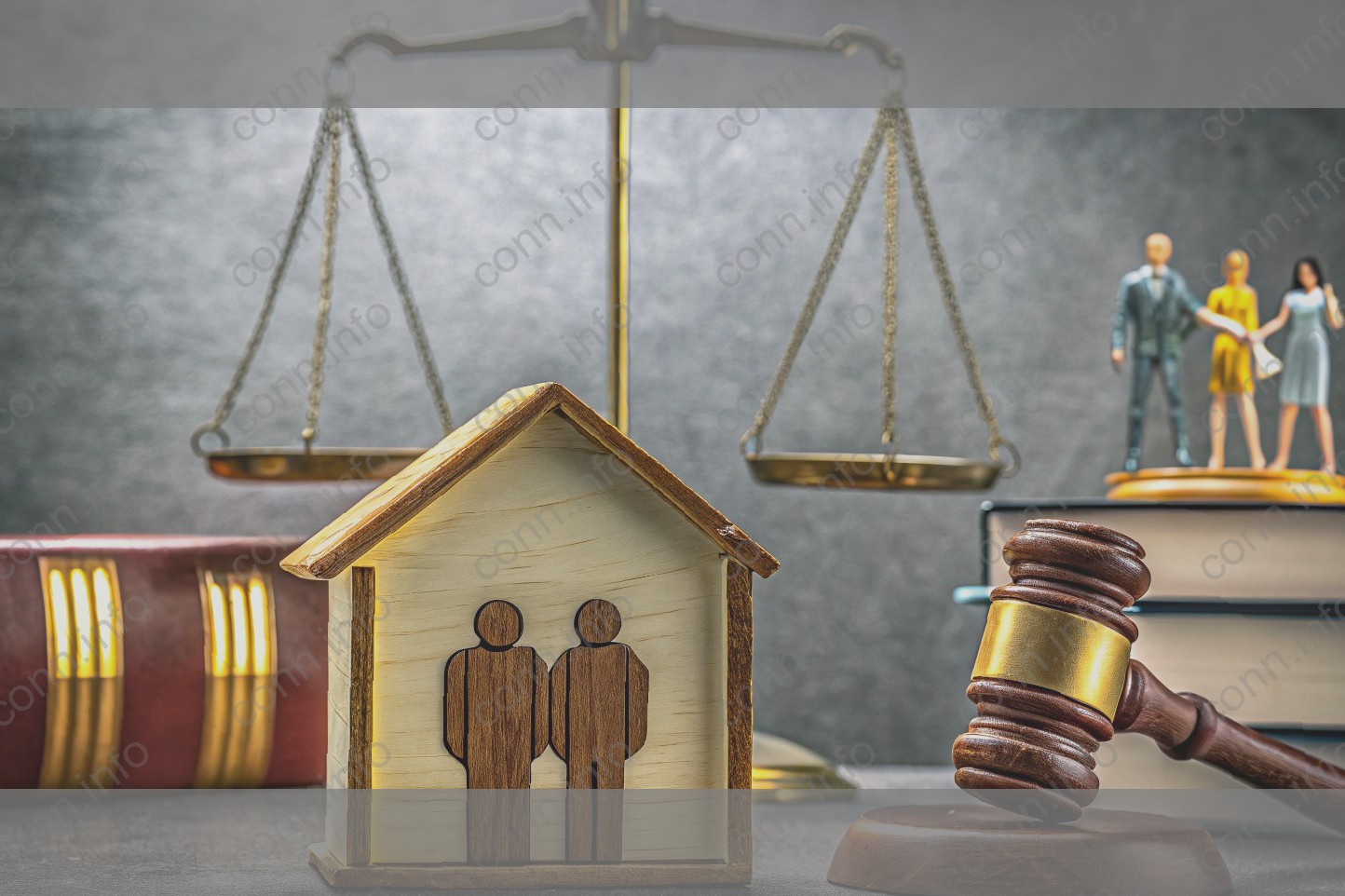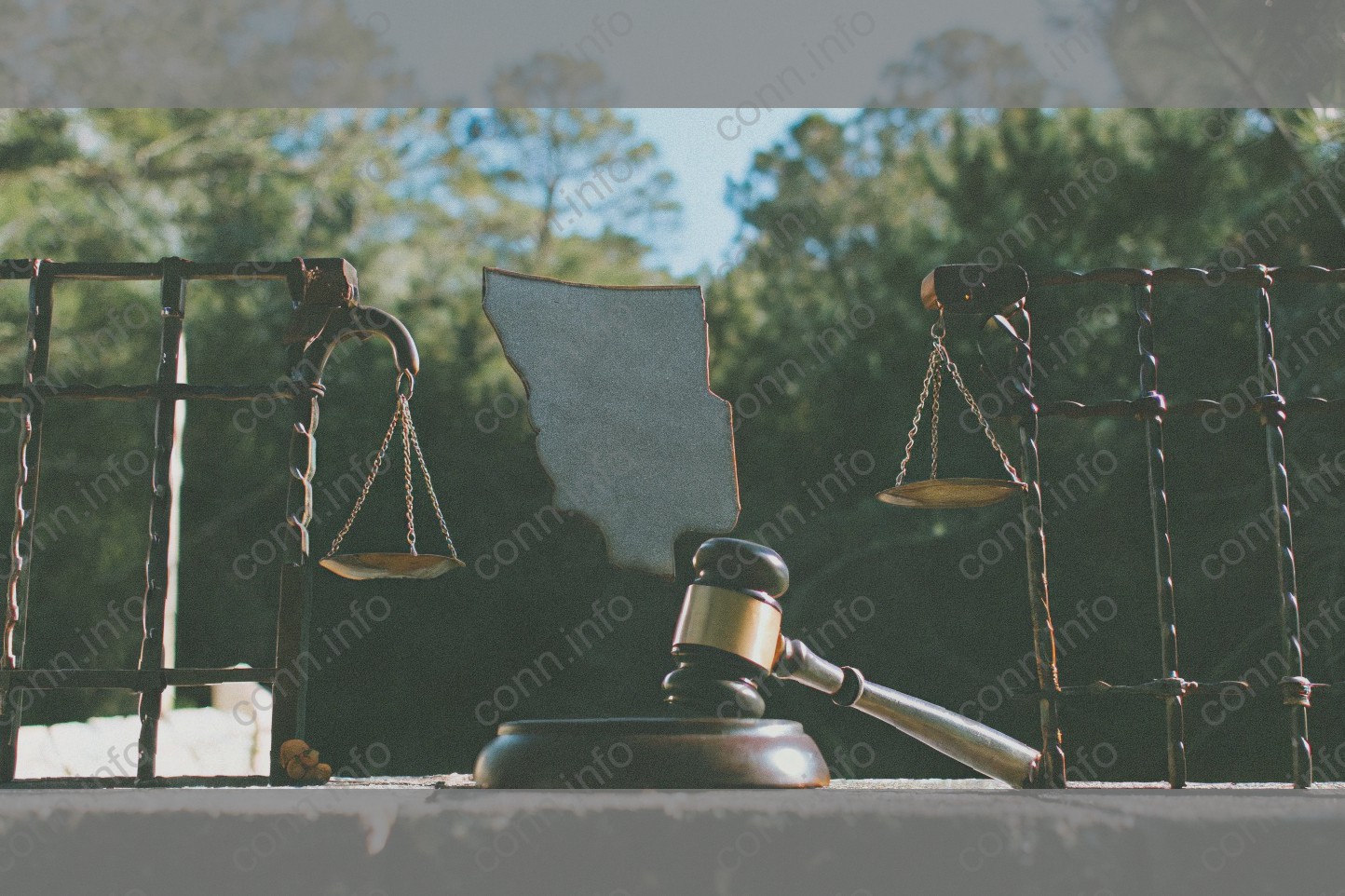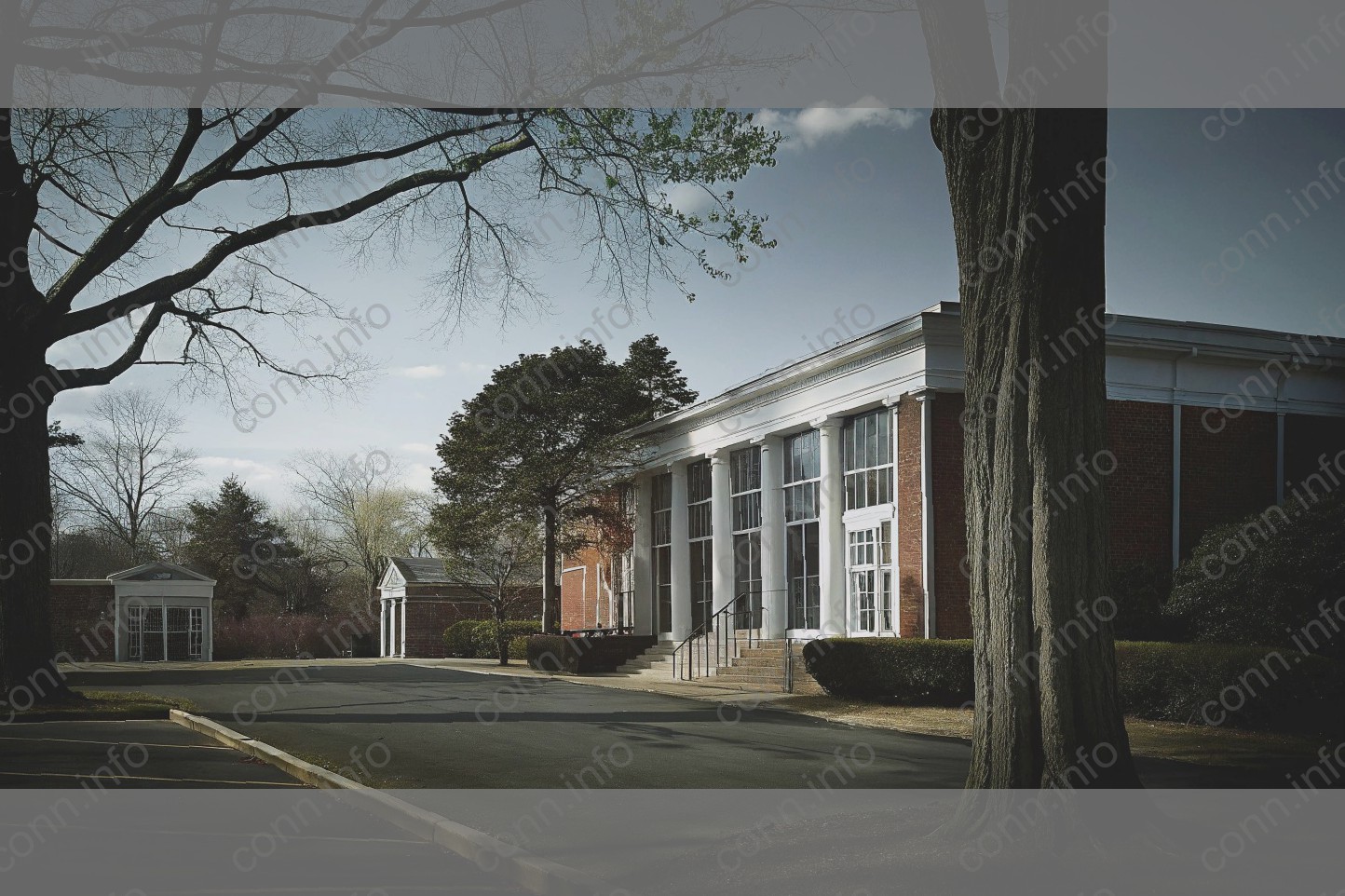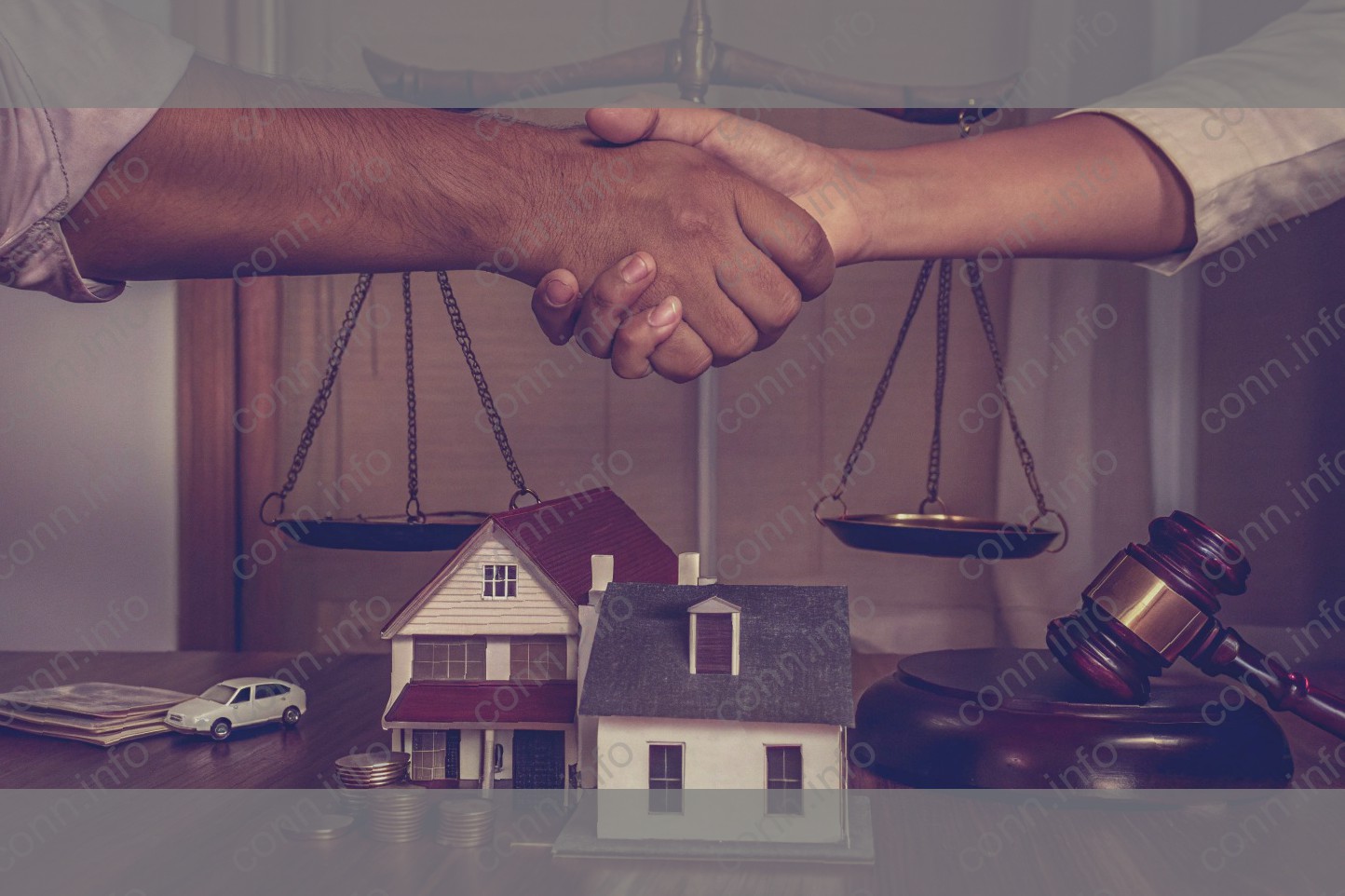What is Legal Aid?
In DeKalb County, legal aid services are predominantly offered by Atlanta Legal Aid, a private nonprofit organization supported by the Atlanta Bar Association, the state bar and individual contributions. These organizations, along with other grant-based funding and donor support, provide free legal services to residents in need.
Atlanta Legal Aid advocates for individuals and families who cannot afford an attorney. Its mission is to provide high-quality legal services in civil (noncriminal) matters.
Areas of focus for Atlanta Legal Aid in Dekalb County include housing, consumer, family, guardianship and foreclosure protection. More specifically, the organization can assist clients with the following:
• Fair housing • Integrity housing code (i.e., protecting the right to safe housing) • Denials or eviction from public or Section 8 housing • Availability of suitable housing for people with disabilities
• Predatory or high-interest loans, payday loans, rip-offs • Fraud or illegal foreclosure scams • Wage garnishment
• Child custody • Child support • Domestic violence • Private adoption • Separation, divorce or annulment • Visitation
• Guardianship (i . e., if an individual cannot care for themselves or make personal and financial decisions for their welfare) • Conservatorship (i.e., if an individual cannot care for their estate or financial affairs)
• Denial of application for Medicaid or Social Security benefits • Non-payment of or being denied unemployment benefits
Funding sources for Atlanta Legal Aid include the Georgia Bar and state bar dues, as well as grants and individual contributions. Of the individuals who work at Atlanta Legal Aid, 60% are staff attorneys supplemented by an army of volunteers and pro bono attorneys, especially during times of great need like LegalAidHelp.org.
Legal Aid does not handle criminal cases involving arrests, criminal charges or traffic violations. Furthermore, legal representation is not provided for residents involved in child abuse cases handled by the DeKalb County Department of Family and Children Services (DFCS).
Who is Eligible for Legal Aid in DeKalb?
DeKalb County residents may qualify for legal aid based on their income level and/or the type of legal assistance required. Legal aid programs provide access to the courts and legal representation for persons with limited household resources. General income eligibility guidelines for low-income Georgians are as follows: Case types include: housing law, family law, elderly law, consumer law, disability law, HIV law, and employment law. Supervised pro se programs help self-represented litigants navigate the court process. Persons with limited household resources who are currently appearing in DeKalb county courts without legal representation may be eligible for mediation services. Mediation cases are limited to family law matters. Mediation is completely voluntary and will not occur unless all parties to the case agree. Divorce, annulments, legitimation, custody, visitation, acknowledgment of paternity, and child support are among the family law matters mediated.
How to Apply for Legal Aid in DeKalb
In DeKalb County, applying for legal aid is a process that requires careful preparation and attention to detail. The first step in this process is to determine if you are eligible for the services offered by legal aid. Generally, these services are provided to low-income individuals who face civil legal issues that they cannot afford to resolve. Documentation of your income and resources is typically required to prove your eligibility.
To apply for legal aid in DeKalb County, you can either complete a paper application or an online application. Both options ask for information about your household income, the number of people in your household, and information about your current legal problem. If applying online, you will need to create an account and provide a valid email address. If you prefer to apply in person, you can visit your local legal aid office or request a paper application from legal aid.
Once your application is submitted, it will be reviewed to determine if you qualify for legal aid. If you do qualify, you will receive a referral to an attorney or a legal clinic that specializes in your type of case. If you don’t qualify, you will be given a list of resources and other organizations in the area that may be able to help.
To make the process smoother, it is important to provide as much detail as possible about your legal issue in your application. Be sure to include relevant dates, names, and locations. Also, provide copies of any important documents, such as court papers, financial statements, or previous correspondences related to your case. Be organized and keep a file of all the documents that you submit, in order to reference anything that may be needed later.
If you feel overwhelmed by the application process, legal aid staff members can help walk you through it. You can also reach out to attorneys and support groups in your area for assistance with filling out your application.
Case Types Covered by DeKalb Legal Aid
As a prominent resource in DeKalb County, legal aid services provide access to a lawyer and crucial assistance to those most in need. They help the community in a variety of capacity, from preventing homelessness to breaking through the complex barriers of family law. Legal aid attorneys are experienced in their field and provide competent guidance. Within DeKalb County, assistance for a multitude of legal cases is available including: Family law attorneys concentrate on assisting with child custody, adoption, divorce, and domestic violence. They can represent victims or defendants and guide clients through the steps that need to be taken to navigate through the court system and achieve a favorable outcome. Housing lawyers can offer representation in issues involving foreclosures, landlord-tenant rights, eviction, discrimination, and other housing issues. Criminal defense lawyers are essential when legal representation is necessary to confront misdemeanor charges or felony offenses, including cases pertaining to substance abuse and mental illness. Access to DeKalb legal aid can also be found for matters such as consumer fraud, fraud and abuse within nursing homes, and tort claims.
Advantages of Legal Aid Services in DeKalb
The benefits of legal aid services extend beyond financial assistance, though that is certainly an important factor. First and foremost, legal aid provides individuals with access to legal services who may not otherwise be able to afford it. This means that those who truly cannot afford a lawyer without legal aid services, according to the law, will not be left helpless as their case is resolved, whether it’s a family law matter or a criminal charge.
Furthermore, legal aid can significantly change the outcome of a case. DeKalb County legal aid services offer legal assistance from attorneys with years of experience. While one of the basic services provided by legal aid is advice, there are areas of the law that cannot be navigated by someone without a comprehensive understanding of how the law works. When a family separation, medical malpractice, or a criminal charge is at hand, the outcome of the case can mean huge repercussions if not handled properly.
Additionally, legal aid services are not limited to processing paperwork or offering advice. They have the legal resources and legal support people need to often offer necessary services , such as representation in court. The ability to have experienced legal counsel in court means having access to a significant advantage. Further, this can change the outcome of your case and save you the money and frustration of dealing with the justice system on your own. In years past, there was little help available to those who couldn’t afford to hire an attorney and that usually resulted in harsher treatment by the law and a more serious outcome.
Finally, financial assistance is a critical service provided by legal aid in DeKalb County. Many people are surprised to find out that legal aid isn’t just about providing attorney advice and counsel. When someone is short on cash due to an accident claim or some other incident, costs can pile up surrounding an already stressful situation. Legal aid can step in when the money is tight to help with legal aid costs, helping ease some of the burden during a difficult time in life.
Legal aid services in DeKalb County offer you much-needed assistance when you have nowhere else to turn.
DeKalb’s Legal Aid Hurdles
The legal aid landscape in DeKalb County is not unique and echoes challenges faced nationally. While the mission to provide affordable and accessible legal assistance to underprivileged and uninsured residents remains constant, the resources to fulfill this mission continue to dwindle. Declining government funding, reductions in state and federal grants, and the recent suspension of attorney-based funds, such as the Interest on Lawyer Trust Accounts, have all contributed to the need for increased private donations and alternative funding sources. Recognizing the lack of resources, several local non-profits, pro bono attorneys, and law firms have banded together to address key issues and implement strategic plans that will increase access to civil legal representation. By concentrating upon these key issues, the collaborative has taken great strides to bridge the gaps between legal aid and the underserved communities. The inter-related problems of funding constraints, high demand, and lack of resources, however, contribute to a system that is often over-burdened, underpaid, and underappreciated. But it is a system in which many organizations are working to try and improve.
Legal Aid Successes in DeKalb
The success of DeKalb Legal Aid can be measured not just in numbers, but in the real lives that have been impacted for the better. The legal aid hotline and other legal services offered by DeKalb Legal Aid have helped thousands of local citizens overcome tremendous obstacles in their personal and professional lives.
At a recent DeKalb Legal Aid fundraiser over 300 guests were invited to share in five of those stories. One story in particular that patrons found inspiring was the tale of a woman who was pleading her case to receive food stamps after losing her job.
Georgia Legal Services took the case, helped her apply for the assistance and guide her through the process. She first met with a volunteer attorney at the Gilbert House Legal Clinic. She was very concerned that she was going to lose her home and not be able to afford to feed her seven children, all of whom were disabled. They began the paperwork together so she could apply for food stamps.
The woman is now receiving food stamps and has the support and community resources to help her care for her family. She also had been seeking an adoption with a family member’s child, whom the State of Georgia was trying to take into custody. Since the child’s father had expressed an interest in maintaining his parental rights and the adoption would ignore certain laws that restrict parental rights, the woman felt that there was a chance that her adoption could be granted without anything further.
However, when the judge heard the case, he demanded to see the Father in person . The Father failed to attend and his parental rights were terminated. At that time, the woman contacted the Child Advocacy Project of Georgia Legal Services, and the attorney assigned to the case stated that she had a good chance to win the case because of the Father’s failure to appear. However, at the next court date, an outside social worker (a non-attorney) was called to speak in place of the Father and requested that the adoption be denied. At that time, the attorney submitted a motion not to allow the outside social worker to represent the Father and asked the court to allow him to file an appeal.
The judge denied both requests. At that point, the attorney felt it was necessary to hire an outside expert to appease the judge. She was then allowed to "confer" with the judge and the judge gave her instructions, which she conveyed to her new social worker. While it was a hard-fought battle, they won on one issue and lost on another. They won the right to conduct the appeal, but lost in the adoption.
While she has lost the right to adopt the child, DeKalb Legal Aid was able to help this woman navigate her way through some of the most difficult issues that can be handled in our courts today.
These stories highlight how critical free legal services can be to low-income families in DeKalb County. Thanks to the efforts of the dedicated volunteer attorneys that serve Georgia Legal Services, over 1,000 new clients, like the mom described in Attorney Megan Grano’s story (above) will be told this year.




